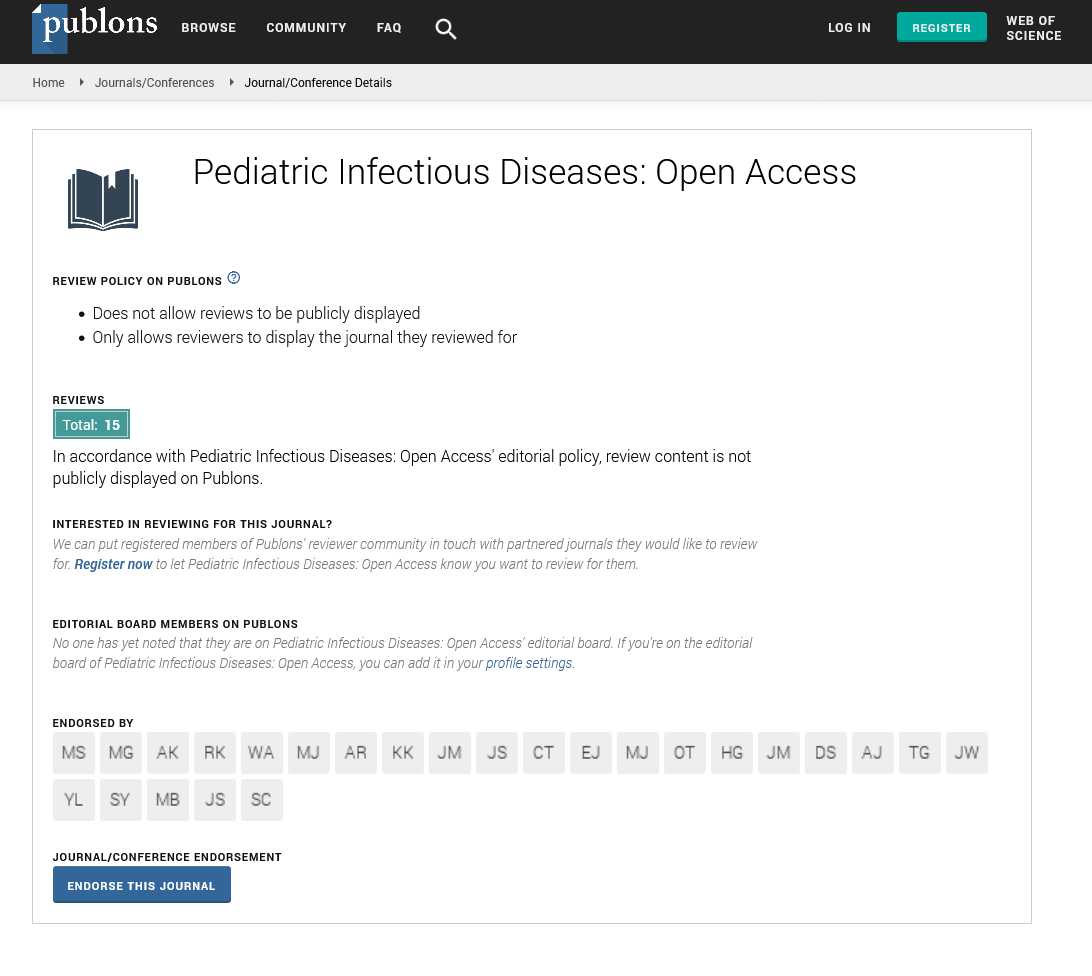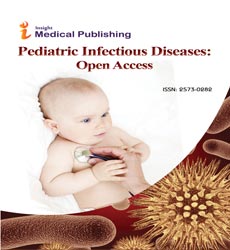Abstract
Status of Hepatitis B in Children of Nepal After Introduction of Hepatitis B Vaccine in Immunization Program
According to WHO estimate 240 million people globally are chronically infected with hepatitis B (defined as hepatitis B surface antigen positive for at least 6 months) [1]. This magnitude must be viewed from the perspective of availability of an effective vaccine against hepatitis B for all age groups. With the first hepatitis B vaccine approval in the United States in 1981 [2] and introduction of recombinant hepatitis B vaccine in 1986 and availability of hepatitis B vaccine as monovalent formulations or in fixed combination with other vaccines the success in achieving the goals comparable to that achieved by the polio vaccine would not be too far. There cannot be any better evidence than the inclusion of hepatitis B vaccine on the World Health Organizations’s list of Essential Medicines [3] to denote its place in the basic health system of any country.
Author(s):
Geeta Shakya
Abstract | Full-Text | PDF
Share this

Google scholar citation report
Citations : 230
Pediatric Infectious Diseases: Open Access received 230 citations as per google scholar report
Pediatric Infectious Diseases: Open Access peer review process verified at publons
Abstracted/Indexed in
- Google Scholar
- China National Knowledge Infrastructure (CNKI)
- Cosmos IF
- Secret Search Engine Labs
Open Access Journals
- Aquaculture & Veterinary Science
- Chemistry & Chemical Sciences
- Clinical Sciences
- Engineering
- General Science
- Genetics & Molecular Biology
- Health Care & Nursing
- Immunology & Microbiology
- Materials Science
- Mathematics & Physics
- Medical Sciences
- Neurology & Psychiatry
- Oncology & Cancer Science
- Pharmaceutical Sciences


